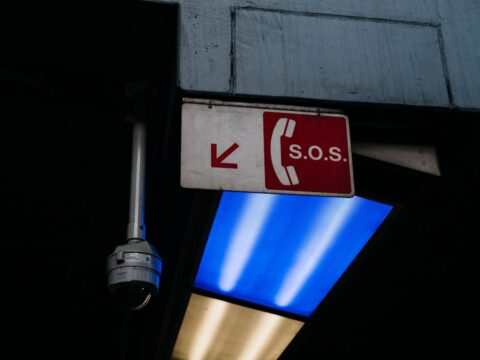
The fragile ceasefire between Israel and Iran, brokered after a brief but intense 12-day conflict, continues to hold as of June 30, 2025, ushering in a period of cautious calm and shifting diplomatic dynamics in the Middle East.
The “12 Day War”
The conflict erupted on June 13, 2025, when Israel launched a surprise offensive targeting key Iranian military and nuclear facilities. The strikes resulted in the deaths of several high-ranking Iranian military leaders, nuclear scientists, and politicians, and inflicted significant damage on Iran’s air defenses and nuclear infrastructure. Iran retaliated with missile barrages on Israeli cities and military sites, while its Houthi allies in Yemen also targeted Israel amid the ongoing Red Sea crisis.
The United States played a critical role, both in defending Israel from Iranian missile and drone attacks and, later, by launching strikes on three Iranian nuclear sites. These U.S. strikes prompted the Houthis to declare an end to their ceasefire with the U.S., further complicating the regional picture.
Ceasefire Agreement and Immediate Aftermath
After days of escalating violence, a phased ceasefire was announced on June 24, following intensive mediation by the United States, with Qatar playing a key role in facilitating talks with Iran. U.S. President Donald Trump publicly declared the ceasefire, urging both sides to adhere to its terms. Israeli Prime Minister Benjamin Netanyahu confirmed Israel’s acceptance, warning that any violation would be met with a decisive response.
Iran’s Foreign Minister, Abbas Araghchi, signaled conditional acceptance, stating Iran would halt hostilities if Israel did the same. Despite initial violations and last-minute missile exchanges, the ceasefire took hold, with no reported strikes from either side since June 24.
Top Iranian Cleric Issues ‘Fatwa’ Against Trump and Netanyahu
In a dramatic development underscoring the deep animosity fueling the conflict, Iran’s top cleric, Supreme Leader Ayatollah Ali Khamenei, issued a religious decree, or fatwa, condemning both U.S. President Donald Trump and Israeli Prime Minister Benjamin Netanyahu. The fatwa calls for their prosecution and holds them personally responsible for the bloodshed and destruction caused during the hostilities.
This unprecedented religious pronouncement reflects the heightened tensions and the symbolic significance of the conflict within Iran’s political and religious establishment. The fatwa also signals that despite the ceasefire, hardline elements in Tehran remain committed to opposing both leaders vehemently, complicating any future diplomatic engagement.
Current Situation and Diplomatic Shifts
As the truce persists, both nations are navigating a new diplomatic landscape:
- In Iran, state funerals have been held for top commanders and scientists killed in the conflict, with public mourning and renewed calls for national unity. Notably, Iranian state media aired an interview with Ali Shamkhani, a senior advisor previously reported dead, who survived the Israeli strike but suffered serious injuries.
- In Israel, the public remains on alert, but life is gradually returning to normal. Protests in Tel Aviv have shifted focus, with demonstrators now calling for a ceasefire in Gaza as well.
The ceasefire has not resolved the underlying issues. Both sides remain wary, with leaders in Tehran and Jerusalem vowing to retaliate if the truce is broken. The U.S. continues to exert diplomatic pressure, aiming to prevent further escalation and stabilize the region.
Regional and International Implications
The recent conflict and ceasefire have altered the diplomatic dynamics in the Middle East:
- U.S. Mediation: The Biden administration’s direct involvement in brokering the ceasefire, along with Qatar’s mediation, has reinforced Washington’s central role in regional security.
- Proxy Tensions: The Houthis’ response to U.S. strikes and the ongoing unrest in Gaza and Lebanon highlight the persistent risk of proxy escalations.
- Nuclear Concerns: The conflict reignited international anxiety over Iran’s nuclear ambitions, especially after the IAEA declared Iran non-compliant with its nuclear obligations just days before hostilities began.











